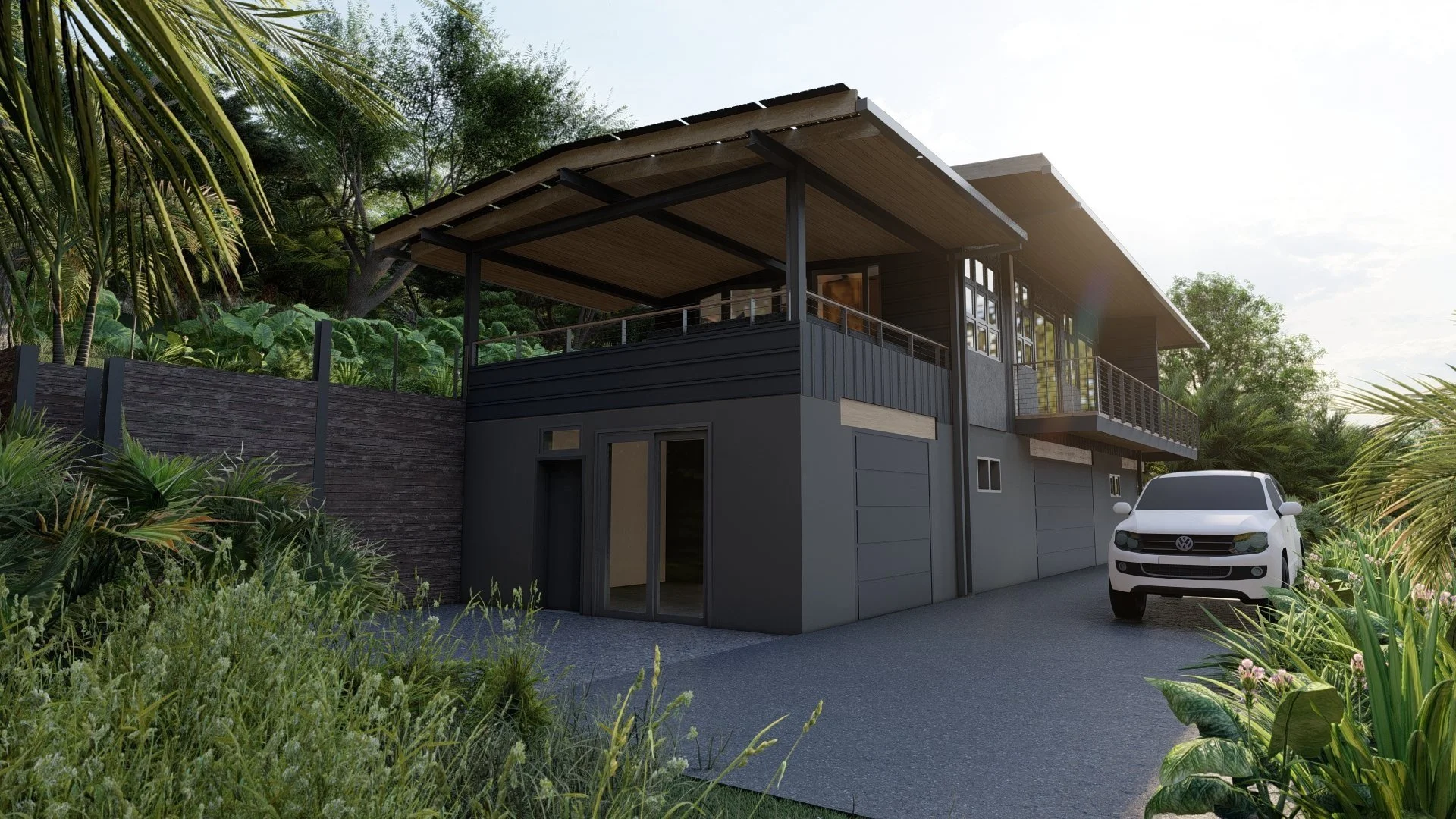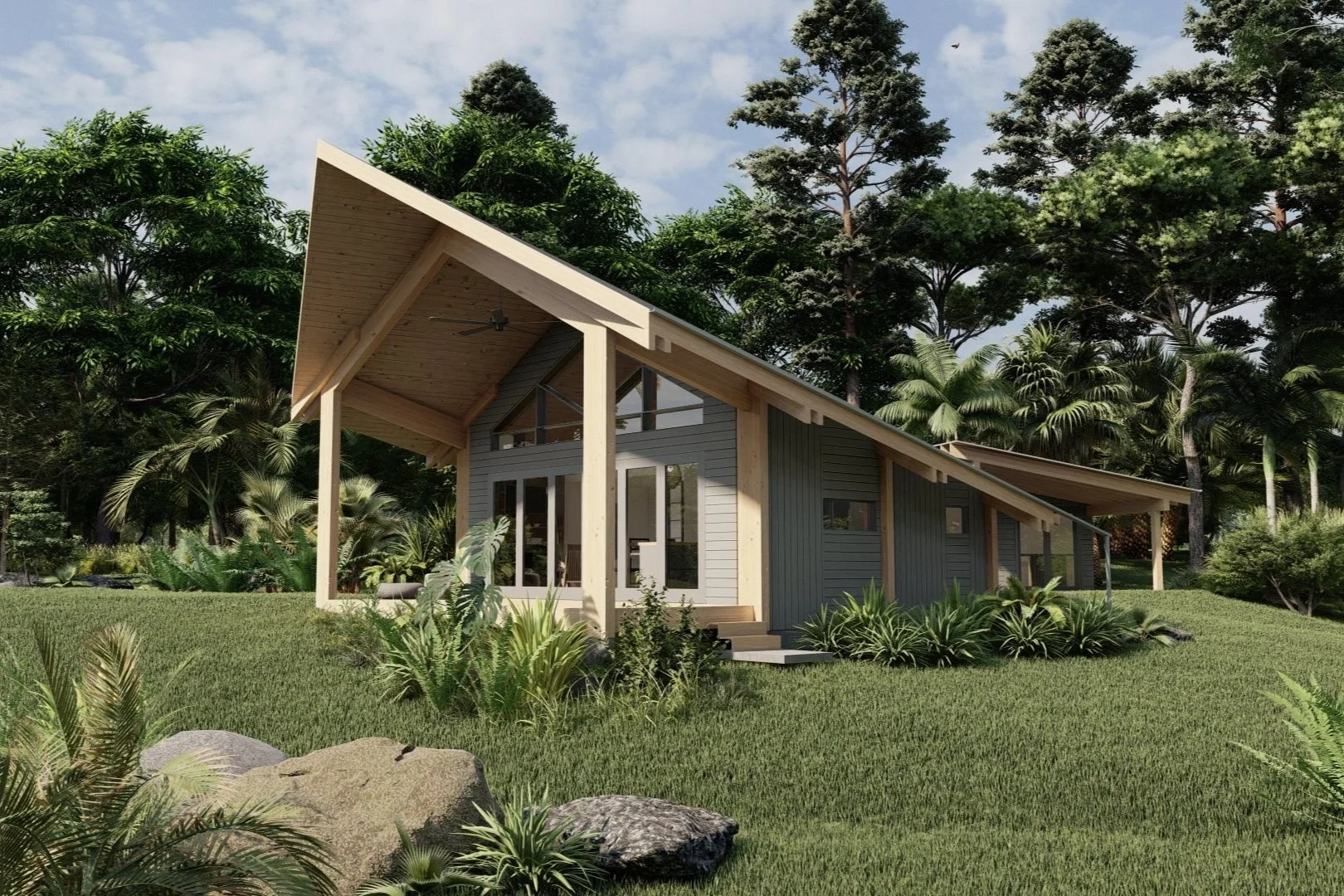Building the Future: The Advantages of Net Zero Homes
In a world increasingly focused on sustainability and combating climate change, the concept of net zero homes has gained significant attention and that is why at Hawaii Off Grid, we only work on new builds that are committed to building a net zero residence or commercial space. A net zero home is designed to produce as much energy as it consumes over the course of a year, promoting energy efficiency and reducing the overall carbon footprint. Below we explore what it means to have a net zero home and delve into the myriad benefits associated with this innovative and environmentally conscious approach to housing.
Understanding Net Zero Homes:
A net zero home is characterized by its ability to generate renewable energy on-site, typically through solar panels or wind turbines, which offsets the total energy consumption of the household. The aim is to achieve a balance between energy production and consumption, resulting in a net energy consumption of zero. This is achieved through a combination of energy-efficient design, high-quality insulation, and the integration of renewable energy systems.
Benefits of Net Zero Homes:
Environmental Sustainability:
Net zero homes play a crucial role in reducing greenhouse gas emissions and mitigating climate change. By relying on renewable energy sources, these homes significantly decrease their dependence on fossil fuels, leading to a more sustainable and environmentally friendly living environment.
Energy Efficiency:
The design principles behind net zero homes prioritize energy efficiency. This includes advanced insulation, energy-efficient windows, and appliances that collectively reduce overall energy consumption. Homeowners benefit from lower energy bills while contributing to a more sustainable future.
Cost Savings:
Although the upfront costs of constructing a net zero home may be higher, homeowners can experience substantial long-term savings. Reduced energy bills, government incentives, and potential income from excess energy production through feed-in tariffs contribute to a favorable economic outlook.
Increased Property Value:
The growing interest in sustainability and energy efficiency has led to an increased demand for green homes. Net zero homes often command higher resale values due to their energy-efficient features and lower operating costs.
Health and Comfort:
Net zero homes prioritize indoor air quality and comfort. Advanced ventilation systems ensure a constant supply of fresh air, reducing the presence of pollutants and allergens. This contributes to a healthier living environment for the occupants.
Energy Independence:
By generating their own energy, net zero homes offer a degree of energy independence. This can be particularly valuable during power outages or disruptions to the grid, providing homeowners with a reliable and self-sustaining source of power.
Net zero homes represent a pioneering approach to sustainable living, offering a host of benefits ranging from environmental conservation to economic savings and improved well-being. As technology continues to advance and awareness of climate change grows, the adoption of net zero principles in residential construction is likely to become more widespread, paving the way for a greener and more sustainable future. Building more net zero homes in Hawaii will help our state to further the goal of the Hawaii Clean Energy Initiative: to achieve 100% clean energy by 2045.



